By Vibhu Mishra
Date: 24 September 2025
Category: Peace and Security
Artificial intelligence (AI) offers unprecedented opportunities but also carries grave risks if left unchecked, UN Secretary-General António Guterres told the Security Council during a high-level debate on Wednesday.
“AI is no longer a distant horizon – it is here, transforming daily life, the information space, and the global economy at breathtaking speed. The question is not whether AI will influence international peace and security, but how we will shape that influence.”
Promise and Peril
Mr. Guterres highlighted AI’s potential to anticipate food insecurity, support de-mining, and detect violence before it erupts. Yet without safeguards, he cautioned, AI can be weaponised.
Recent examples include:
- AI-enabled targeting in armed conflicts
- Cyberattacks on critical infrastructure
- Deepfakes spreading disinformation, polarisation, and diplomatic crises
“The ability to fabricate and manipulate audio and video threatens information integrity… humanity’s fate cannot be left to an algorithm,” he warned.
Four Global Priorities
The UN chief urged governments to:
- Maintain human control over the use of force
- Develop coherent global regulations for AI
- Protect information integrity
- Close the “AI capacity gap” between rich and poor nations
He reiterated his call for a ban on lethal autonomous weapons systems that operate without human control, with the goal of adopting a legally binding treaty by next year. Decisions on nuclear weapons, he stressed, “must rest with humans – not machines.”
Governance Efforts Underway
Mr. Guterres pointed to recent steps, including:
- An independent scientific panel on AI
- A global dialogue on AI governance, convening in New York
These initiatives aim to connect science, policy, and practice, ensuring all nations have a voice and reducing governance fragmentation.
Calls for Inclusion
Yejin Choi, Senior Fellow at Stanford University’s Institute for Human-Centered AI, warned that current AI progress is concentrated among a few companies and nations.
“When only a few have the resources to build and benefit from AI, we leave the rest of the world waiting at the door.”
She urged investment in smaller, adaptive systems that lower entry barriers, and pressed for stronger linguistic and cultural diversity, noting AI’s persistent underperformance in non-English languages.
Act Without Delay
Closing the session, Mr. Guterres warned that time is running out to establish effective rules.
“From nuclear arms control to aviation safety, humanity has faced destabilising technologies before – and responded with rules, institutions, and respect for human dignity. The window is closing to shape AI – for peace, for justice, for humanity. We must act without delay.”




